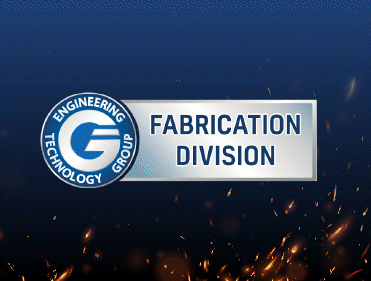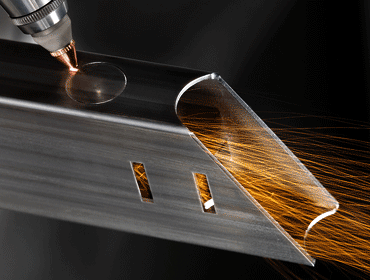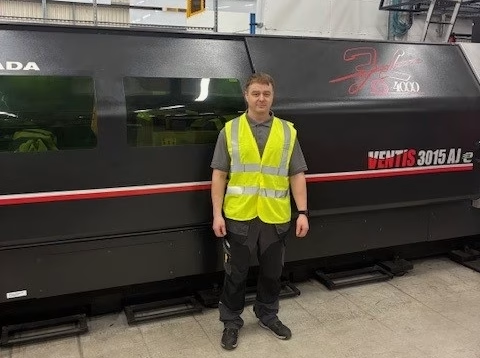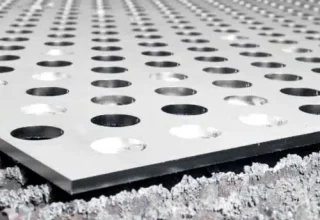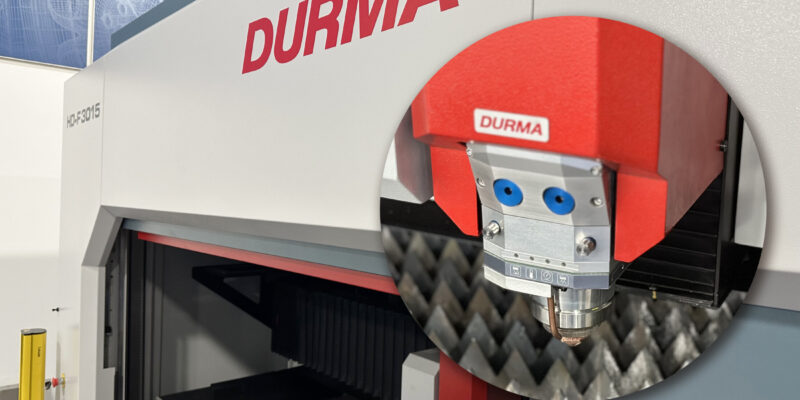
What is a Smart Factory?
A Smart Factory is essentially a description for the integration of digital technologies into production processes, pivoting to a heavy use of these technologies in machinery.
This aims to create interconnectivity between your production machines, bringing all devices and systems into one network.
By creating this network, you can track all data of a task within the production process. With this data, you can then analyse and manage, in real-time, to increase efficiency, reduce costs, and minimise errors.
A Smart Factory isn’t about the automation of machines; rather it is the integration of technology into the machines to make processes more efficient and intuitive, often removing the need for costly human labour. By integrating digital algorithms into fabrication machinery, the hard work of constant monitoring and recalibrating is achieved at a much faster pace.
What is Smart manufacturing?
The shift to embracing digital solutions for fabrication spaces came about during the COVID 19 pandemic. Advances in machine learning has given rise to sophisticated algorithms or Large Language Models (LLMs) which have been labelled as Artificial Intelligence.
Even though these programs are far from intelligent or self-aware, what they are great at is recognising patterns; when it comes to any process where a high degree of pattern recognition is required, they can often perform that task more efficiently than a person.
The integration of AI and full automation into factory processes gave rise to the concept of smart factories.
Smart Factory works to achieve a comprehensive synergy between manufacturer, supply chain, and customers. These digital algorithms adjust production lines according to your customer’s demands and even help send the products to the supply chain.
Transitioning to a Smart Factory with Industry 4.0
Industry 4.0 is a concept for redefining the way we think about production processes. Where the idea of Industry 4.0 excels is in its drive toward efficiency, which is highly compatible with the idea that defines Smart Factory. By combining the two philosophies we can create a truly competitive production solution that meets the demands of modern production environments.
Smart Manufacturing is the key to efficiency in all areas of the production process, from fabrication to logistics. By transitioning your factory to a smart production model with an Industry 4.0 philosophy, you create a system that:
- Allows you to extract data from the sales system
- Analyses incoming orders and automatically plans production based on warehouse and inventory status
- Transfers information to the logistics system
- Determines the destinations where products need to be shipped and identifies the required delivery timeframes for delivery
The Future of Smart Manufacturing Technology
There’s no telling where technology will take us in the future. There’s always some new development around the corner that takes us by surprise. However, we can expect to see advancements made in robotics and AI, meaning in the not-too-distant future robots will completely automate factory management and production processes.
With enough programming know-how, we should be able to develop Smart Factories capable of making decisions for production planning, manufacturing stages, and even choosing logistics channels. Human beings will only have the task of controlling this entire system.
Whether these developments will be for the good or ill of the general working population, only history will tell.
Development of Smart Factories in the Machinery Industry
In the coming years, we’ll see technologies such as cloud computing, and big data used to automatically control machines and equipment, detect maintenance and repair needs in advance, increasing efficiency in the production process across the board.
In fact, something similar to this is available even now! The ART™ system that is integrated into AXILE CNC machines is able to do everything mentioned above with the exception of being remotely controlled.
Much as with the ART™ system, by developing in this direction, manufacturers will be able to increase capacity without increasing their overheads.
Because of this, the development of smart factories in the machine fabrication sector is considered an important trend for the future of the industry and is expected to continue.
Will Smart Factories Open the Door to Unmanned Production?
There is always a danger of hyperbole whenever we talk about AI, machine learning, and removing jobs from hardworking people.
The truth is that is technology will lead to a decrease in the human workforce in the manufacturing and fabrication sectors. The only hope is that new avenues of employment will also develop in the changing world of technology-led industry.
In the ideal Smart Factory scenario, the system obtains consumer trends and information by using databases during production. After data analysis, necessary instructions are given to all production lines in the system and the desired product is made. All these processes are carried out automatically. The problems that arise can be solved by artificial intelligence.
Currently, factories that operate with very little human interaction are starting to emerge. It will be possible to develop systems in the future where fully unmanned production is possible, though whether this is a future we should work towards is a debate for another time.







